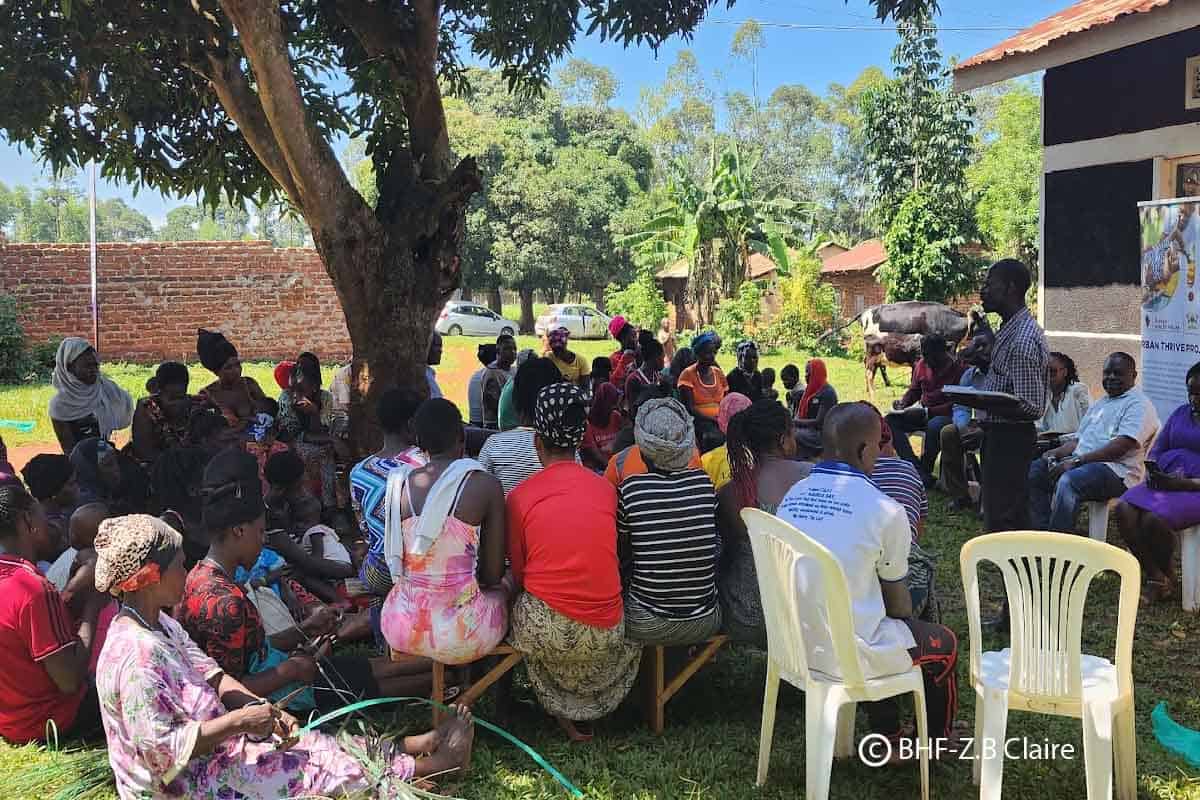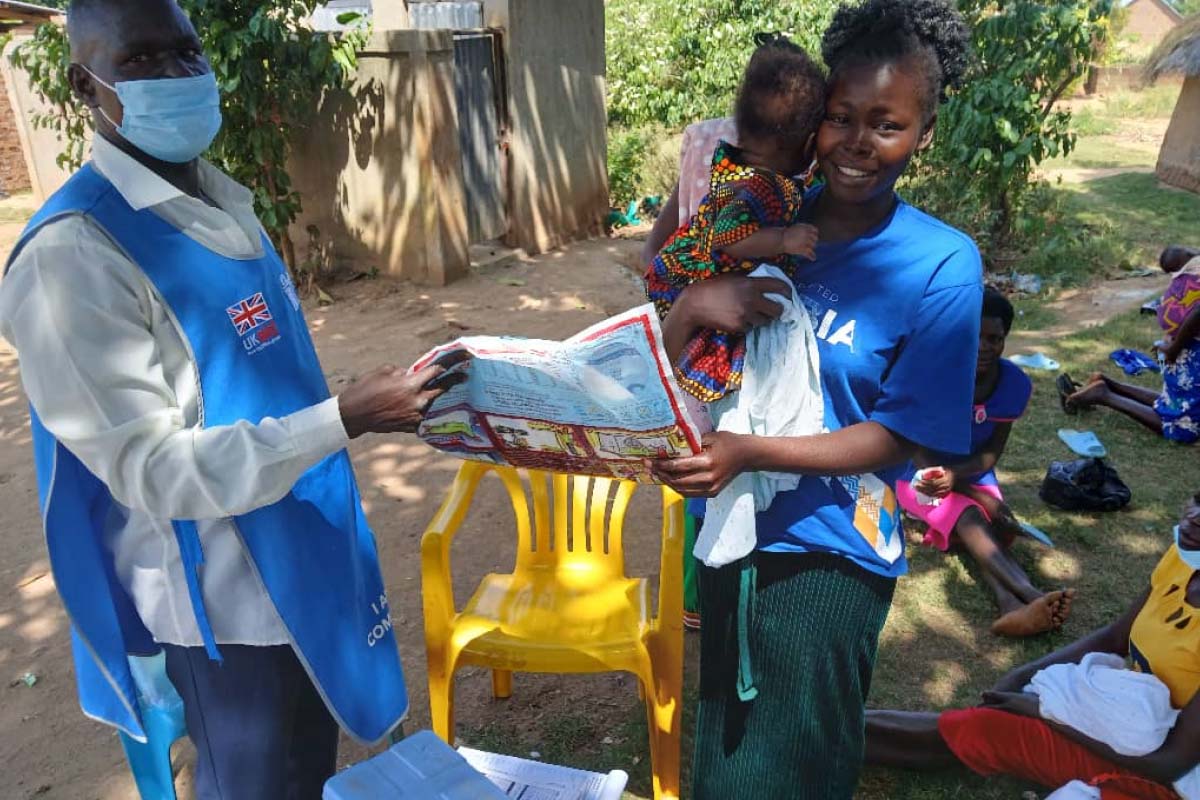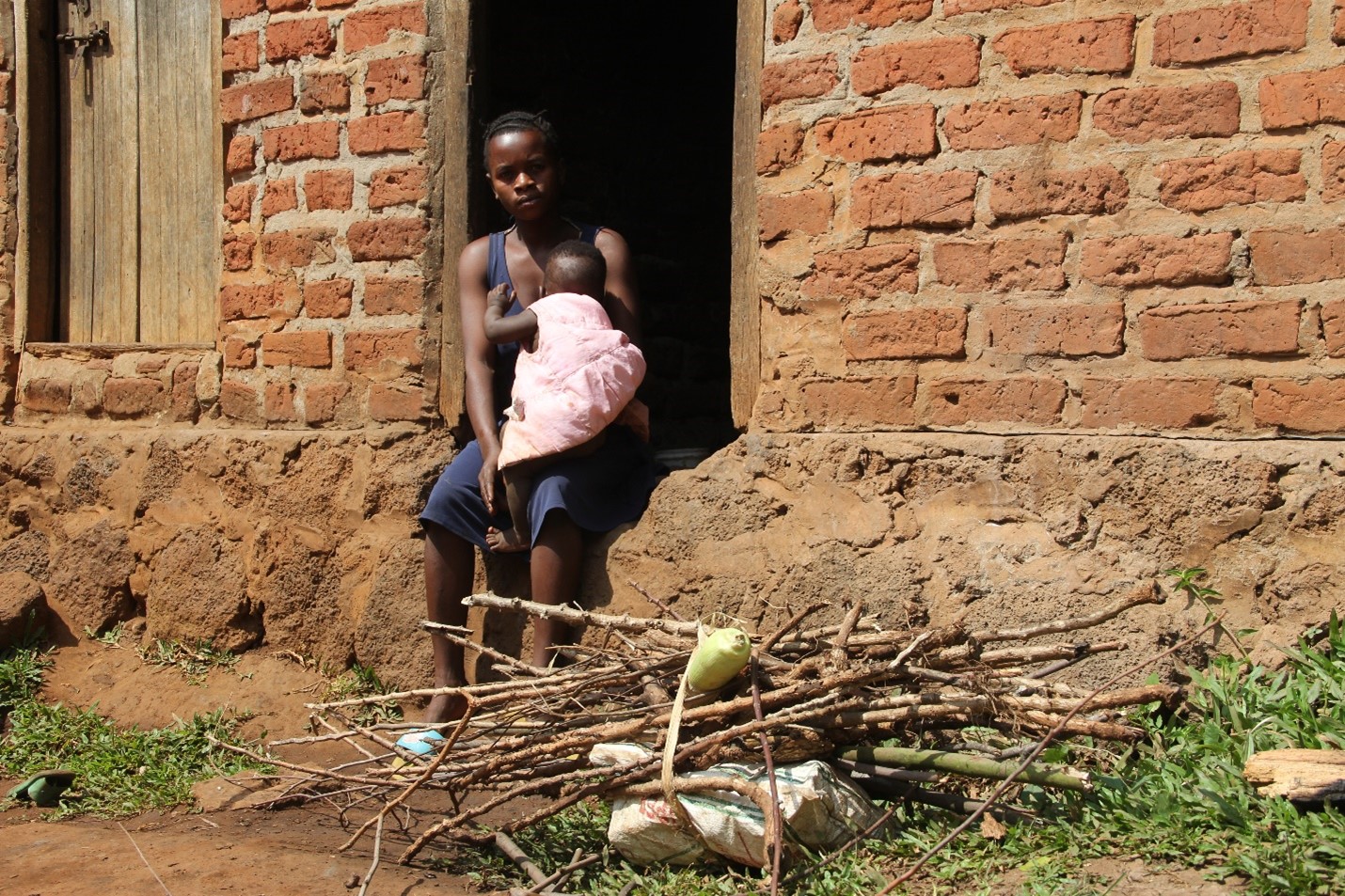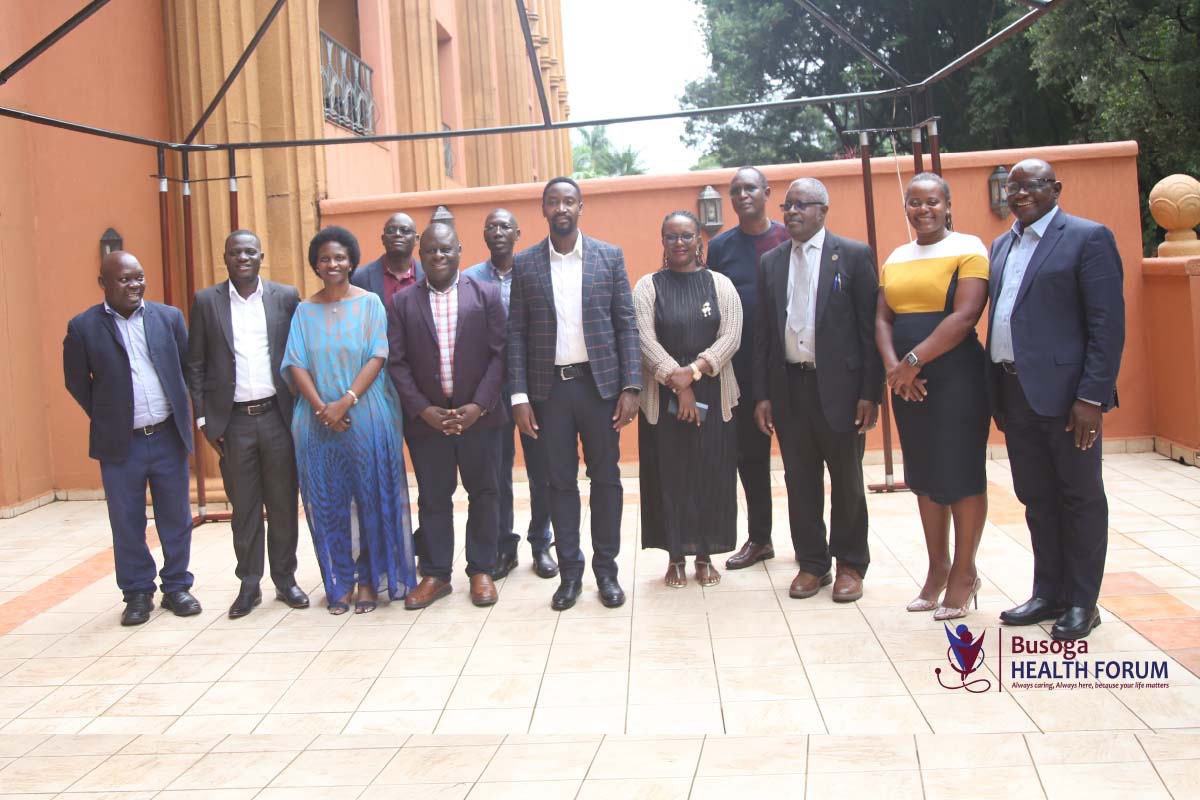
CBO APPROACH TO GRASSROOTS COMMUNITY DEVELOPMENT IN BUSOGA.
The 11 districts of Iganga, Jinja, Buyende, Luuka, Kamuli, Kaliro, Namutumba, Mayuge, Bugiri, Namayingo, and Bugweri in Busoga are composed of 73 Sub-Counties, 571 parishes, and 5659 villages – poverty stricken and disease-burdened. Failure of most community development interventions in Busoga is due to design flaws, where most communities are positioned as mere recipients of products and services determined, designed, and provided by external actors.
Since 2021 Busoga Health Forum (BHF) implements a pioneer project in Jinja district, especially in Mafubira and Budondo Sub Counties, based on the CBO approach to community development, particularly on health. Working with selected CBOs, Village Health Team (VHTs), and community based health facilities, BHF continues to support these existing community structures by offering training on leadership, planning, monitoring and reporting, as well resource realization, management, and accountability. So far, our interventions are focused on Ear Nose and Throat (ENT) WASH, Family Planning, and Malaria. Consequently, we have started to see outcomes in terms of active participation in common activities and improving community-driven demand for health services. By engaging 15 CBOs in the two Sub Counties in Jinja district, so far, we have been able to, not only support CBOs improve their planning, leadership, and reporting capacities, they have reached over 5,000 households with key messages on health. This kind of success is what we would like to replicate in other districts of Busoga.
During implementation with CBOs, we have observed a growing inadequacy among community groups as well as public health facilities at community level to generate, process, share, and utilize health data during decision making. Limited, or a complete absence of data (especially on availability and utilization of health products and services) continues to affect, not only planning, but overall decision making across both private and public actors on health at community level. Amidst the challenge of limited health data, on the overall we continue to observe the persistent minimal participation by grassroots communities across communities in Busoga region, which is fueled by how development actors treat existing local community structures, such as CBOs, as lacking in capacity and risky to work with.
Yet, to deepen community interventions, we need people and community based organizations with lived experiences in respective communities across Busoga to be at the forefront of community development interventions. That is why the proposal for utilization of CBOs as the sure vehicle towards community development is key at the moment. Based on our current project in Jinja district following the CBO approach, and based on the results we seen so far, we would to scale up this model to more districts and communities in Busoga.
Through the CBO community approach/model BHF shall continue to supporting CBOs which operate in local dynamics/context/settings to overcome their planning, reporting, and accountability inadequacies and fully utilized as a vehicle towards community development. Utilizing its functional secretariat, a pool of experts among its membership, and a well networked team of community liaison officers across villages in Busoga, BHF continues to seeks and engage both operational and strategic partners to improve health indicator among community populations in Busoga, through the CBO community approach.
BHF is seeking financial support to invest in building the capacity of CBOs so that, at community level in Busoga, we can achieve;
- Increased CBO capacity to raise community awareness on health, especially WASH, Family Planning, and Malaria
- Increased community driven demand for health services
- Improved community based accountability in health
- Built community linkages to health facilities
- Improved community based monitoring and evaluation
More specifically, the capacity building of CBOs focuses on leadership training, training in strategic planning and reporting, as well building the capacity of community health facilities to utilize data at community level. By nature, CBOs do not have any well-established internal formal structures, therefore, building their capacity shall continue to be essential for them to effectively delivery on their respective mandates.
While CBOs are at the centre of our community approach, they cannot work in isolation. BHF ensures Village Health Teams and local health facilities (both private and public) are networked with CBOs, especially on technical capacity as well as data generation and information sharing. To functionalize the CBO community approach, BHF put in place guidelines on how CBOs are engaged, starting with signing of MOUs with selected CBOs. The guidelines are contained in CBO project manuals on administration and management, financial controls and reporting, operations, and monitoring and evaluation of CBOs.
Ultimately, we strive to arrive at a situation where; (i) communities identify and prepare feasible plans in order to address their health priority issues, (ii) communities implement interventions based on local targets outlined in social contract and in harmony with national and regional health plans, (iii) communities contributing their resources to ensure sustainability, and (iv) voice and representation of marginalized communities in their health development processes amplified.




